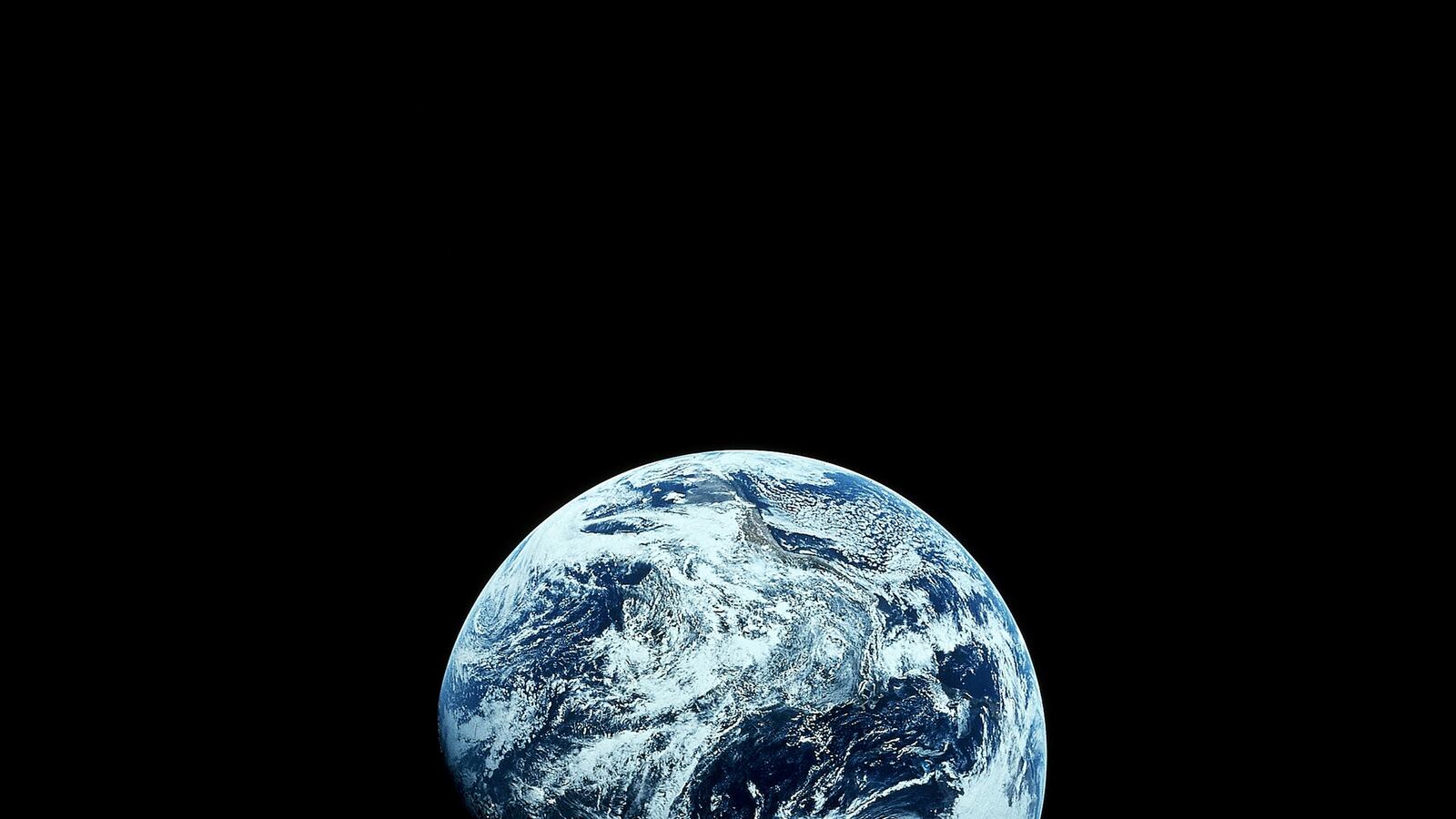In 1990, on the eve of the first Gulf War, George H. W. Bush promised a new world order anchored by the United States, where democracy, peace, and prosperity would spread to all corners of the world. More than two decades later, this unipolar epoch is coming to a close and a more uncertain one is emerging where, at best, the U.S. will be the first nation among equal regional powers like China and Brazil.

That’s just one conclusion of a report released Monday by the National Intelligence Council that, in 160 pages, imagines our world in 2030.
Here’s the glass-half-full scenario: more people will climb out of poverty into the middle class; more women will join the workforce; an energy-independent America will be able to produce its own fossil fuels.
Or … whole swaths of the planet could be ravaged by drug-resistant strains of staph infection or tuberculosis. A “solar geometric storm” could knock out the satellites our banks, military, and wireless devices need to function. Minority groups like the Kurds of Turkey or Shiite Muslims of Lebanon could be in a state of on again, off again war for years with their host governments. A mega-draught could devastate India, wiping out the farms that country needs to feed its rapidly growing population. While all of this unfolds, an aging American and European population won’t have the same capabilities to intervene as they did in the wake of America’s victory in the Cold War.
Overall, the report predicts that as new technologies and new economies emerge, the power of Western governments will decline and individuals will be more effective in shaping their own destinies. But this empowerment will occur in a Malthusian world where food and water will not be able to keep pace with the expansion of the population.
Accurately predicting the future is, of course, a tricky business. And the “Global Trends 2030” report is replete with caveats.
Perhaps the best way to gauge its reliability is to look at how well the 1997 report imagined the world in 2010. (While the new report is easy to find online, the 1997 survey takes some hunting. It’s buried here). That report made some impressive calls.
For example, it predicted that state rivals of the U.S. would give up on the dream of challenging America’s conventional military and instead pursue unconventional arms such as weapons of mass destruction. Today, the top worry for Syria's neighbors is the regime's stock of chemical weapons. While Iran's military has invested in fast boats for its Navy, the primary challenge with Iran today is its decision to enrich uranium over the objections of the international community.
It also correctly predicted there would be a “de facto” Palestinian state by 2010 that would occur not because of a peace agreement but “common resignation.” That de facto state today is Hamas-controlled Gaza. The U.N. General Assembly earlier this month voted to accept Palestine as a nonmember observer state by a vote of 138 to nine.
The report also said the challengers to state power in the Middle East would rally around a “defense of Islam.” One year after 2010, the revolution in Egypt deposed the ostensibly secular president, Hosni Mubarak. In his stead today is Mohamed Morsi, a member of a party whose slogan is “Islam is the solution.”
But like all efforts to read the future, the 2010 report got some things wrong. On North Korea, it said, “The next 15 years will witness the transformation of North Korea and resulting elimination of military tensions on the peninsula.” This prediction would be news to Kim Jong Eun who became his country’s third supreme leader on December 28, 2011, after the state funeral of his father, Kim Jong Il.






